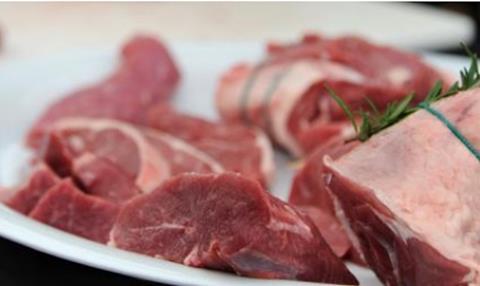New briefing papers published this week by Hybu Cig Cymru – Meat Promotion Wales (HCC) has shown that the lamb and beef industry in Wales has adjusted well to the impact of the coronavirus lockdown, but a risk of further instability remains.

The three briefing papers draw on information from a wide range of sources and research, and look at consumer behaviour, export disruption, and the prospects for reopening the eating-out sector and their impact on the red meat industry. They are available to download via the HCC website.
Key findings include that consumers adopted ‘recessionary’ buying patterns in the spring, purchasing large quantities of cheaper cuts, before shifting to higher-quality products in response to promotions and the desire to experiment with new recipes. The research shows how foodservice providers were hit particularly hard by the closure of hotels and restaurants, and highlights how the situation is unpredictable as the peak production period for Welsh Lamb approaches, as it is uncertain how quickly the eating-out sector will recover both in Britain and abroad.
“We’ve seen great support from UK consumers. Many have come back to buying products such as lamb chops and beef steaks, recognising them as high-quality trusted foods."
HCC chief executive Gwyn Howells said: “Since March, the picture has been that consumer demand has been subject to huge shifts. The eating-out market, which is a vital consumer of premium cuts of lamb and beef, has obviously been badly hit – both at home and in Europe.
“However, we’re pleased that measures to help this, including marketing campaigns and working with retailers on promotions, has helped to maintain retail and export demand.
“We’ve seen great support from UK consumers. Many have come back to buying products such as lamb chops and beef steaks, recognising them as high-quality trusted foods.
“In addition to summarising the picture as it stands, HCC is investing in conducting detailed modelling work on how further disruption may affect the meat and livestock sector. This will help us to prepare for potential challenges that will arise from any second wave of Covid cases or the imposition of tariffs on trade with Europe at the end of the year.”
This story was originally published on a previous version of the Meat Management website and so there may be some missing images and formatting issues.















